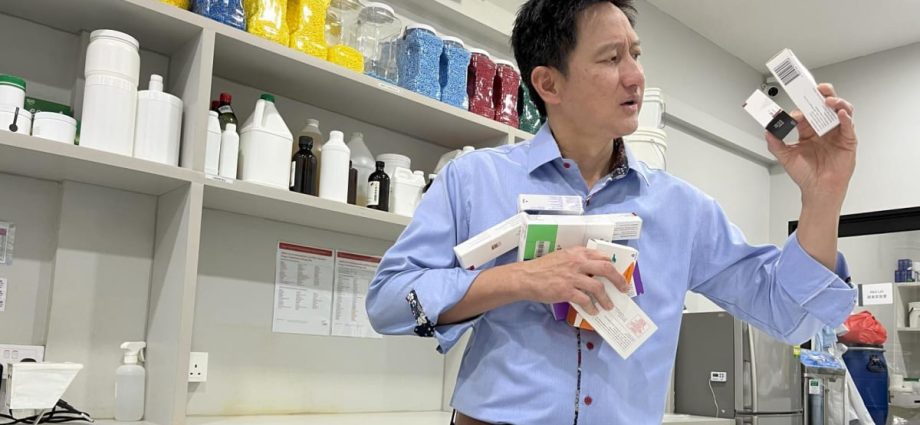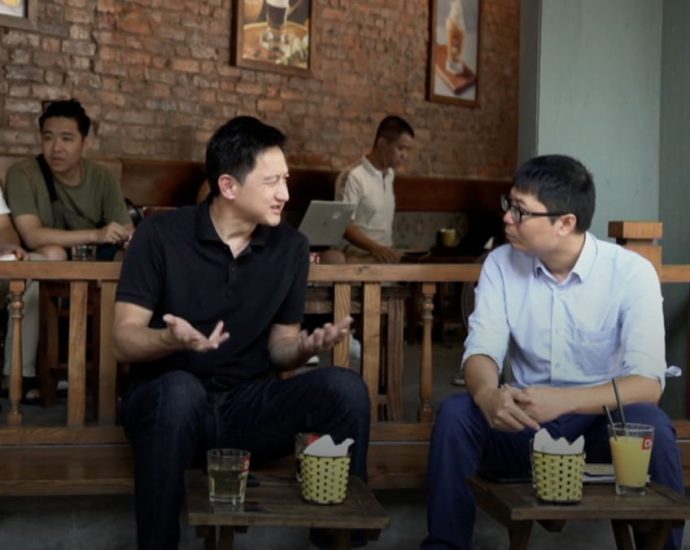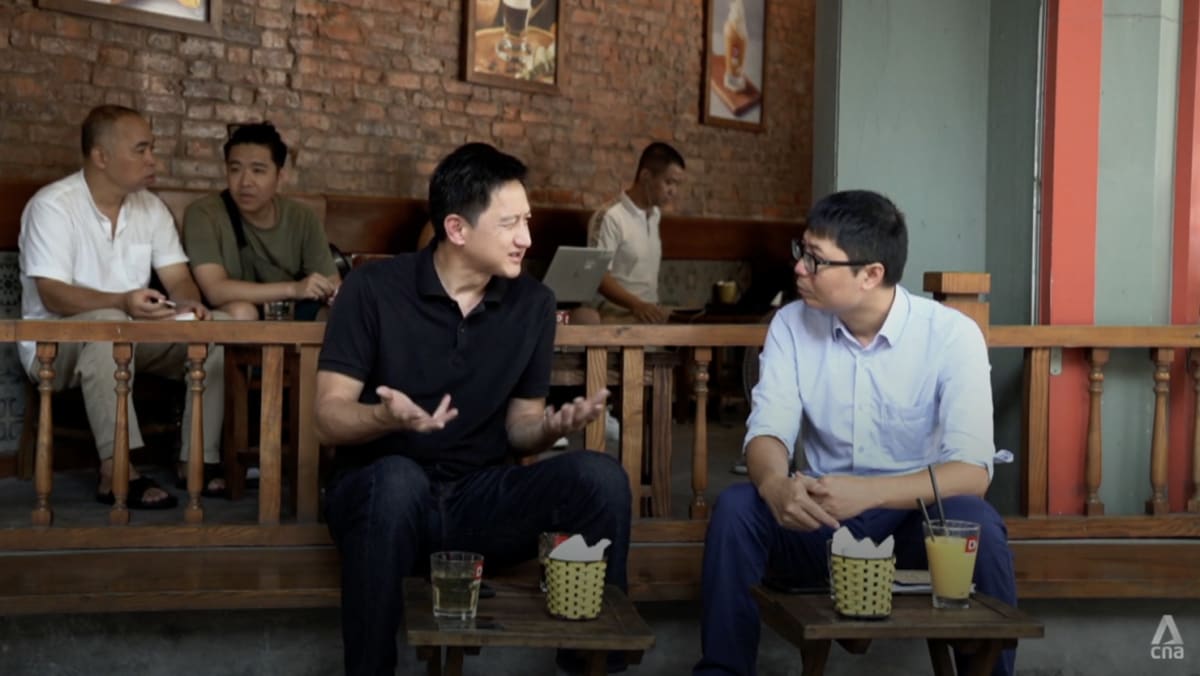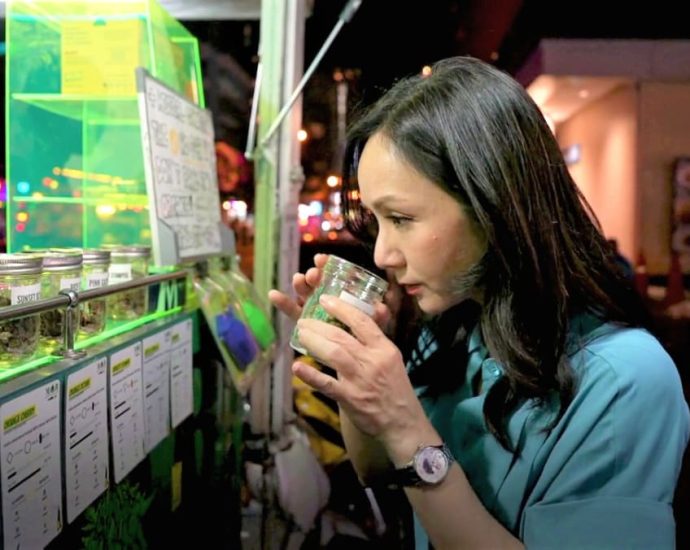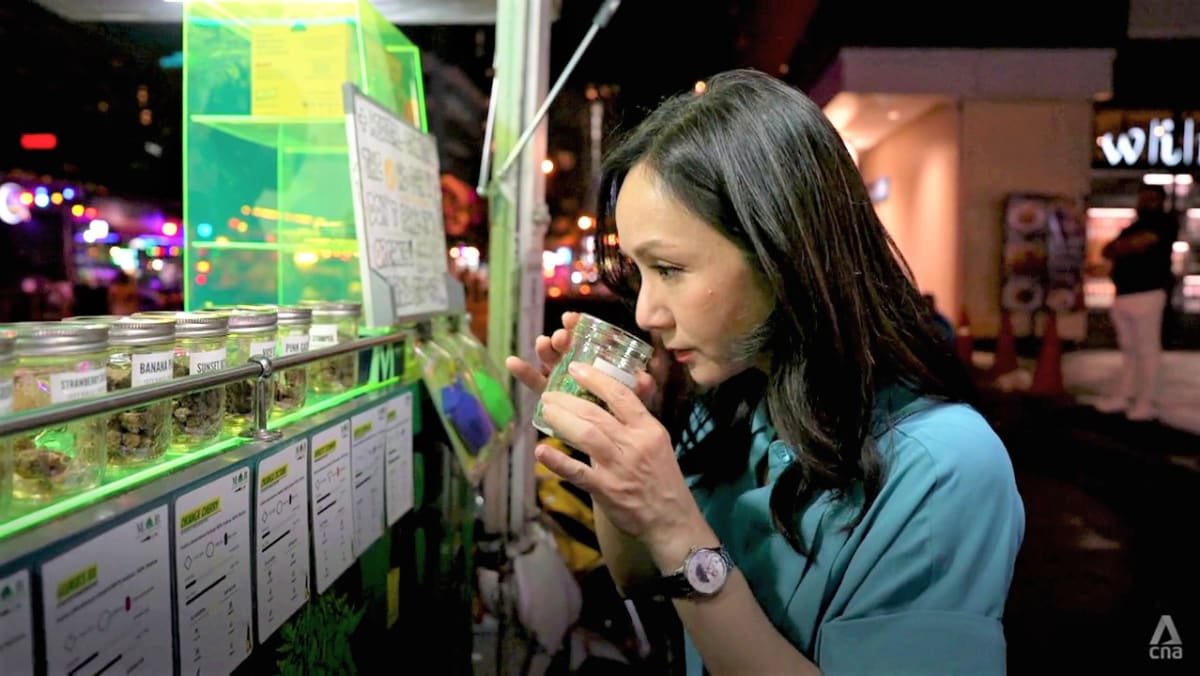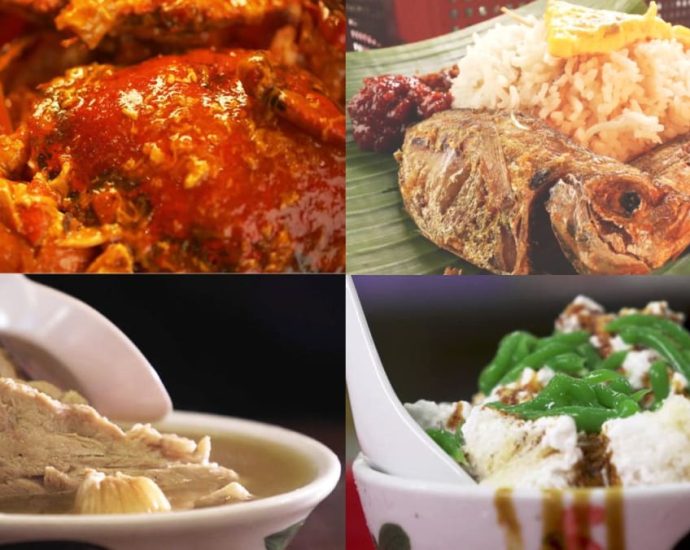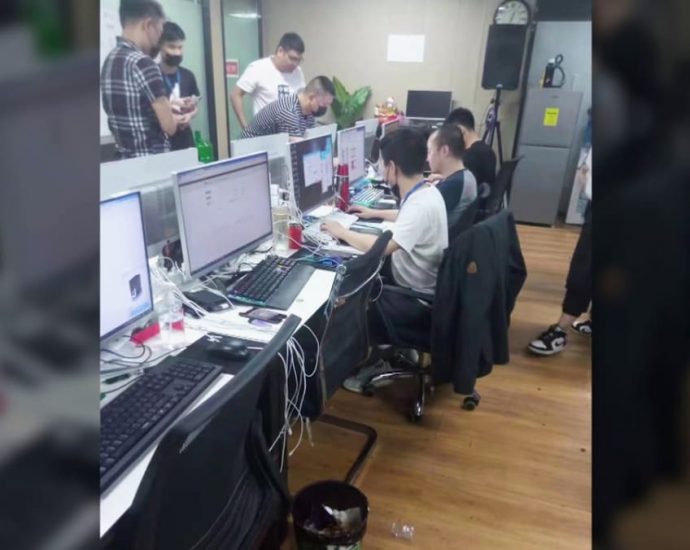No prescription, no problem. But is it safe to buy cheap medicine from Malaysia?
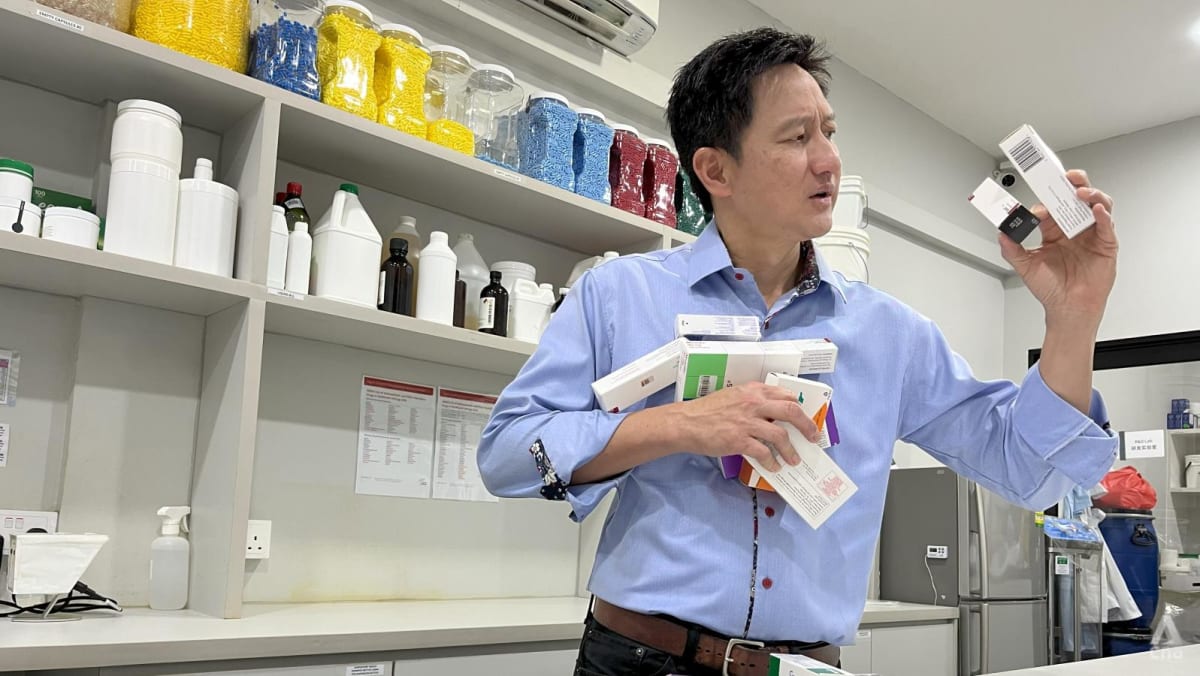
One reason that it was less potent than expected and thus “less useful”, said Wang, might have been that it was not kept cool — between 2 and 8 degrees Celsius — “to maintain the stability of the medication”.
“This extends to other medications that require cold storage,” she added, citing insulin as another example of medication that would be less effective if not stored properly. “And that’s one of the risks with online shopping.”
Chia’s item arrived in a normal box, and it turned out that the website he found did have this disclaimer: “We do not offer cold chain delivery for this item.”
But even with physical purchases in stores in Malaysia, buyers from Singapore bear some risks, Wang cautioned.
“These are prescription medicines for a good reason. You do require a doctor to follow up … to make sure that the medicines are appropriate for you,” she said.
“Bypassing the doctor’s follow-up, you’d miss … the monitoring that’s usually required for prescription medicine for its safe use.
“When you get a refill (of) cholesterol-lowering medication, for instance, you don’t really sense whether your cholesterol is high or low. And it’s not possible for you to sort of tell on your own whether it’s working or not.”
Watch this episode of Talking Point here. The programme airs on Channel 5 every Thursday at 9.30pm.

